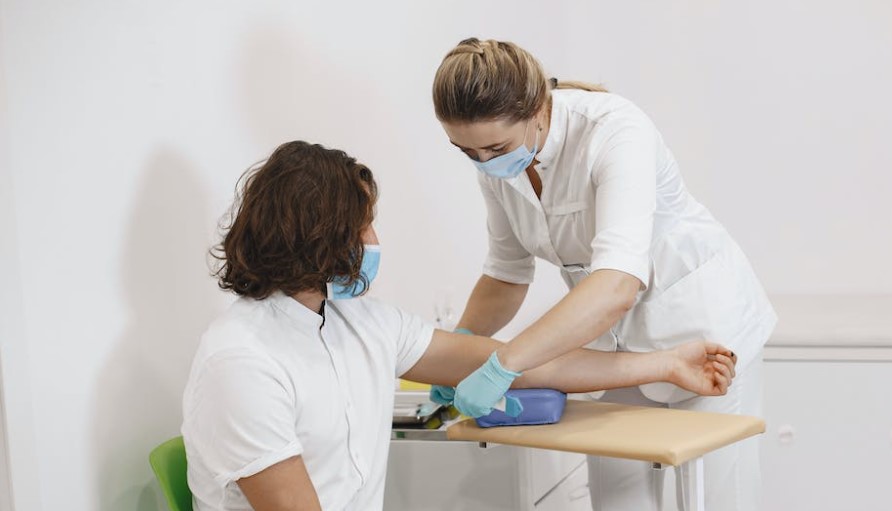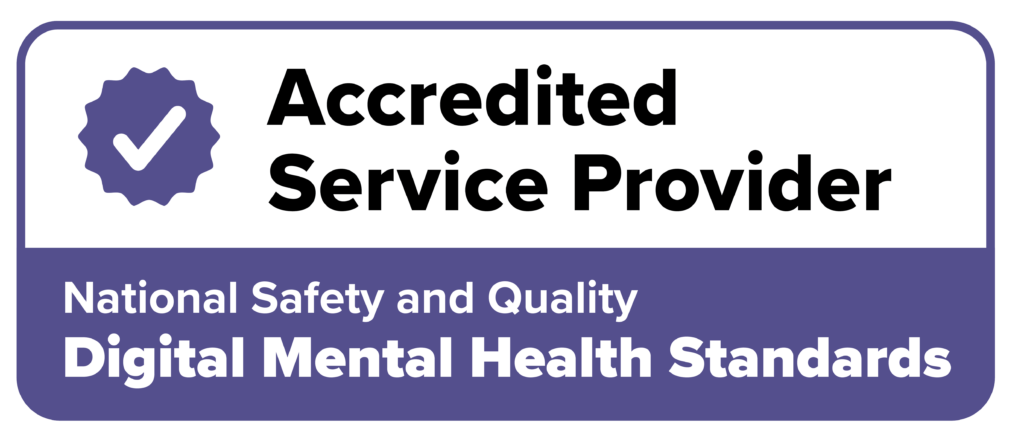As the winter months are settling in, this month we are revisiting how we choose to access health services. Many people don’t like going to the dentist or the doctor at the best of times – especially for check-ups which are important to prevent problems later on. Many people wait for a problem to occur, and some still don’t go even then – and those are people who haven’t experienced trauma. Making dental or medical appointments and fronting up to them can be even more anxiety-provoking for people with trauma histories, especially from childhood. If that’s how you feel, it’s completely understandable, this article focuses on strategies to support you.
Many survivors find it difficult to trust people, and especially people who are in a position of authority and power. That is because often their original trauma was an abuse of power, commonly by an authority figure whom the survivor, as a child, should have been able to trust. The doctor or dentist-patient relationship can be unnerving for many survivors because of the apparent power difference between the practitioner and the patient. For some survivors, the pain and helplessness of their original trauma and abuse can be so alive in the present that even thinking about going to the doctor or dentist can be incredibly stressful, and even overwhelming. In addition, many people who have experienced trauma, especially as a child, aren’t very good at caring for themselves. When they were young, no-one cared for them, or they were made to feel as if they were not worth being cared for.
That’s why some survivors struggle to ask for help or even to try and find out who could help and how. It can be hard to feel safe, especially in situations which can feel threatening. These include being vulnerable and exposed in a medical or dental setting, such as having to take off clothes, being examined or having investigations. Some may have had bad experiences in the past in which they didn’t feel heard or respected, or in which they didn’t feel they received the right care and treatment. Some survivors feel that they don’t deserve to be looked after or to be healthy and well. But the reality is that we all deserve care, and even more so if we didn’t receive the care we needed when we were children. Routine health and dental checks are important as they can detect things before they become a real problem, allow us to take the steps needed to treat them or prevent them from getting worse.
So when considering accessing the health system it is also important to acknowledge that there can be lots of triggers in medical and dental settings. However, the good news is that doctors and dentists are becoming more aware of what can trigger people who have experienced trauma. There is an increasing understanding that survivors can be especially sensitive to certain situations and have particular needs. We see some doctors and dentists building their trauma-informed skills, which embed the principles of safety, trustworthiness, choice, collaboration, and empowerment, into everything they do. Some practitioners are starting to understand that doctor and dentist visits are often frightening for survivors. Many trauma survivors, especially when triggered, can experience strong emotions, some of which can seemingly occur from nowhere. Others have flashbacks, panic attacks, anxieties, different body sensations or strong feelings of shame. Survivors can feel easily startled and agitated at certain times, and numb and spaced out at others.
What is important to know is that all of these feelings, sensations and reactions make sense if you have experienced trauma, especially from childhood. And important for the practitioner to know that as well. Many of these responses can be triggered by the sights, sounds, smells, instruments and procedures which occur in medical and dental settings. Practitioners who are aware of potential triggers can ask a number of simple questions about their patient’s discomforts and sensitivities, and any additional information which they should know before proceeding further. To work out what they can do to help you, the patient, to feel as safe and as comfortable as you possibly can. It is important for practitioners to understand the different traumas which their patients may have experienced, and how readily intense feelings of fear, powerlessness, helplessness can be activated. This way practitioners can work to support their patients to feel calmer and more settled. Practitioners who are personable and gentle, calm and soothing, and who can carefully explain as much as the patient needs and wants to know, can make an enormous difference.
Practitioners are starting to learn about what they need to do to set up their practices in ways which help patients feel safer – both physically and emotionally – with warmer, more welcoming spaces and supportive, empathetic and compassionate staff. They are also focusing on the way in which they go about their work – the way to communicate what is happening – gently listening, explaining and responding to any questions and concerns their patients may have. They are providing patients with the possibility of making informed choices whenever possible and working with patients rather than taking over and disempowering them, all to help people feel and be safer, despite the possible triggers which exist.









